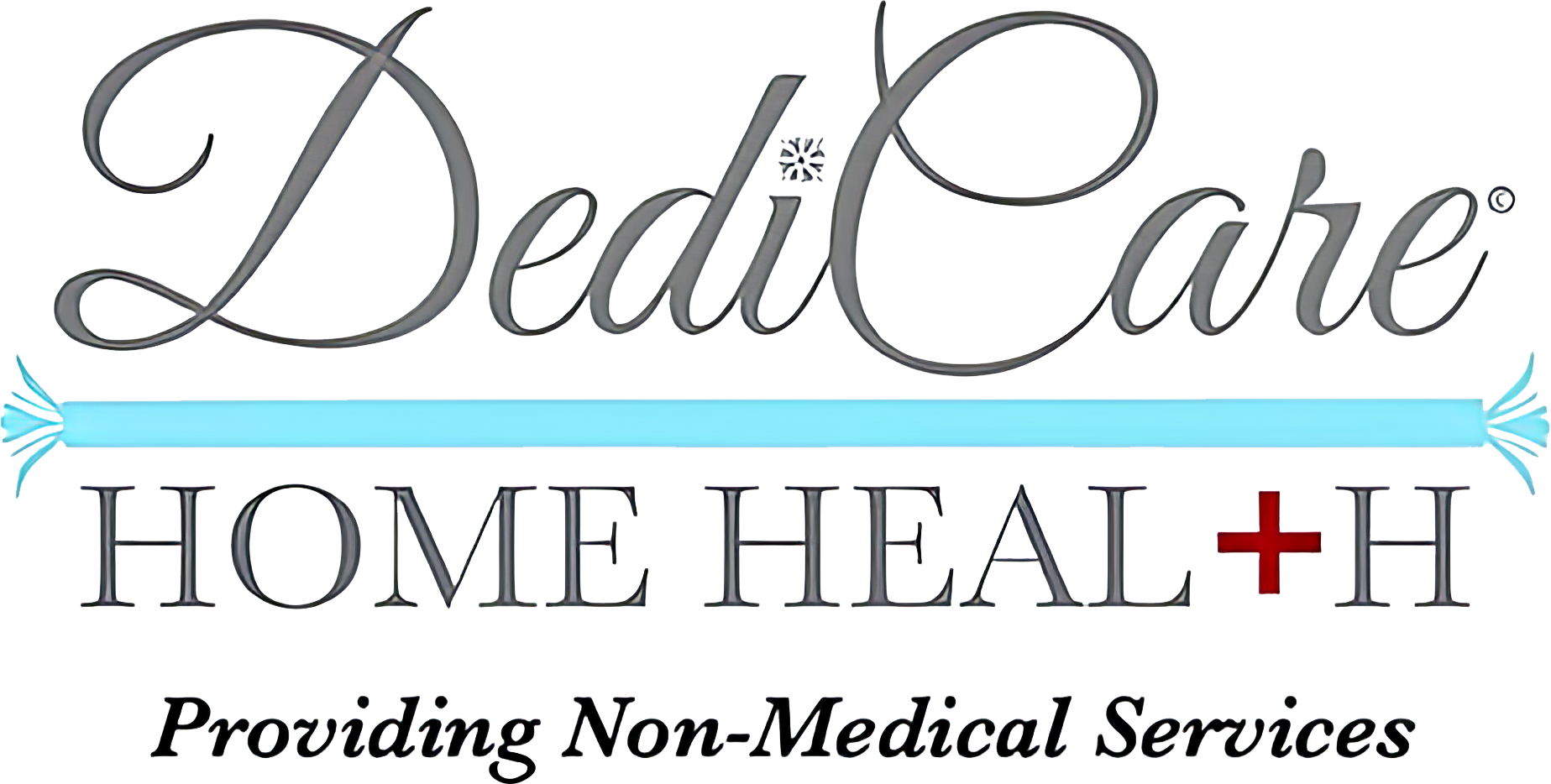HIPAA Compliance
What is HIPAA?
The U.S. Department of Health and Human Services ("HHS") issued the Privacy Rule to implement the requirement of the Health Insurance Portability and Accountability Act of 1996 ("HIPAA"). 1 The Privacy Rule standards address the use and disclosure of individuals' health information—called "protected health information" by organizations subject to the Privacy Rule—called "covered entities," as well as standards for individuals' privacy rights to understand and control how their health information is used.
All our clients are given a Notice of Privacy Practices.
Your Health Information Rights
Although your health record is the physical property of our agency, the information belongs to you.
You have the right to:
- Access to medical records: clients may review their medical records.
- Amendments to Medical Records: Clients may request a change in medical records.
- Restrictions on the use of protected health information: clients have the right to restrict who has access to their health information as long as it doesn’t interfere with treatment, payment, or operations.
- Access to accounting: clients have the right to know who has been given access to their protected health information.
- Confidential communication: A client may request that information be transmitted in a confidential manner (such as no return address).
- Complaints about violations of privacy: clients can file complaints about possible violations of privacy.
- Minimum necessary rule: You should only share or discuss the minimum amount of protected health information to get the job done.
- Telephone requests for personal health information: the agency will not provide information about its client over the phone. The client may request anonymity.
- E-mail and faxes: since these can be inadvertently sent to the wrong location, they must have a disclaimer at the bottom.
- Discarding personal health information: paper with client information will be properly destroyed. Do not take home any papers that contain patient information. Again, check the facility’s policy.
- Hallway conversation: clients and their care should not be discussed in any public locations.
- Accessibility of patient information: Client records should be stored so client information is not visible. Client records will be stored in locked cabinets.
Visit the U.S. Department of Health & Human Services for more information:

